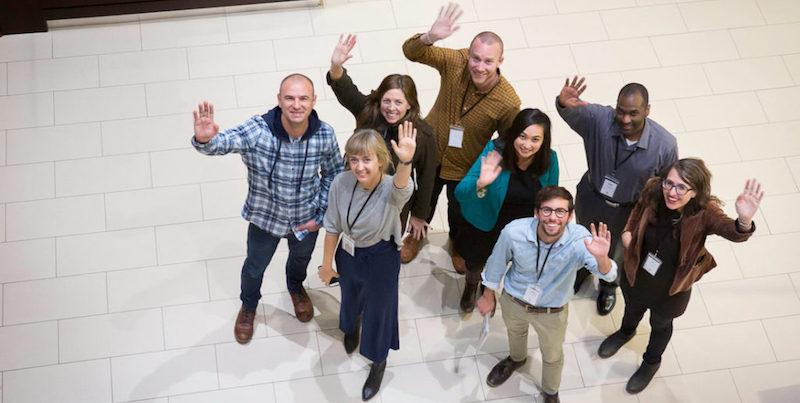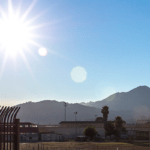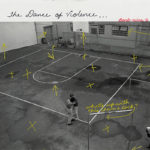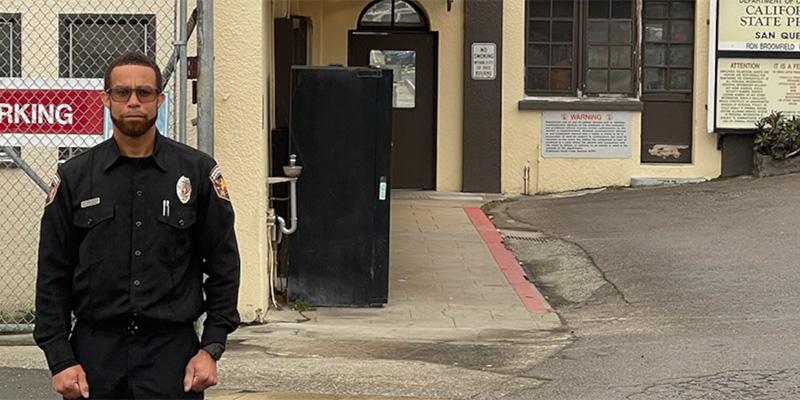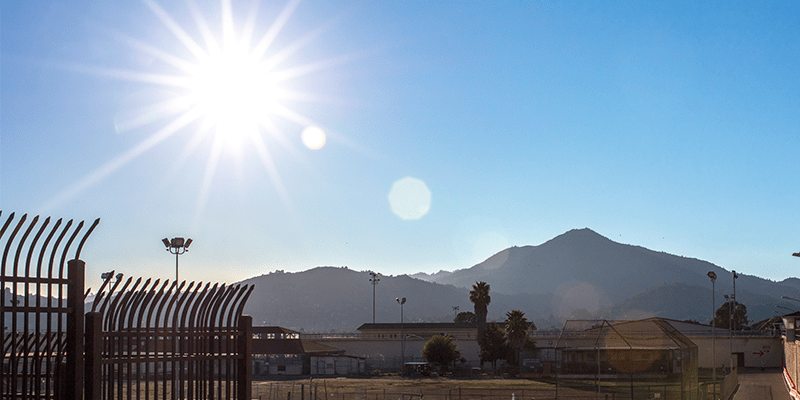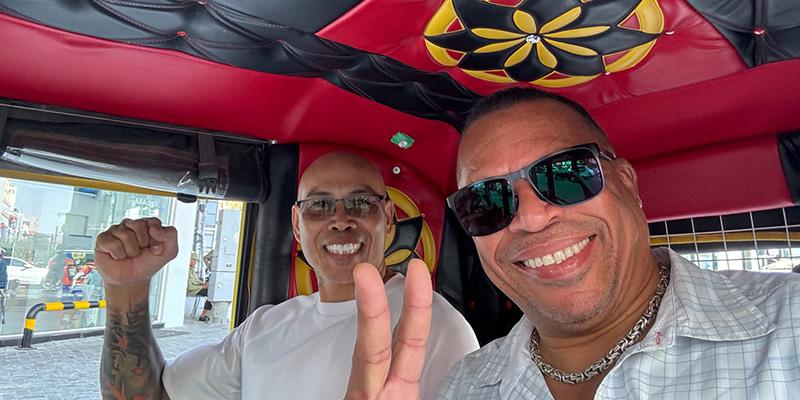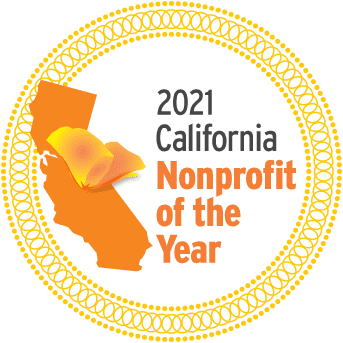Prison University Project staff, volunteers, board members, and former students traveled to Indianapolis for the National Conference on Higher Education in Prison (NCHEP) in November 2018.
As described by its organizing body, the Alliance for Higher Education in Prison, “this conference [was] a space for practitioners, students, teachers, advocates, allies, and many other higher education in prison stakeholders, to gather in solidarity, to support the development of networks, and to share learning, in the broader hope of building a movement.”
Through plenary sessions, panels, workshops, and keynote addresses, attendees were encouraged to cross-pollinate ideas and grapple with some uncomfortable questions that emerge in higher education in prison work related to race and representation, boundaries, ethics, privilege, agency, and complicity.
The Prison University Project stood out as a leader in the field with many members of our community actively participating in the conference’s events:
- Executive Director Jody Lewen led a plenary session on boundaries, ethics, and self-care with Molly Lasagna from the Tennessee Higher Education Initiative.
- Jody also led two pre-conference workshops on starting a higher education in prison program, with former students and Prison University Project staff David Cowan and Dmitriy Orlov. Jody moderated a panel on California prison education programs as well.
- Academic Program Director Amy Jamgochian presented a paper on how rules related to “overfamiliarity” play out in the educational context of prison.
- Volunteer instructor, Ethics Bowl coach, and Prison University Project board member Kathy Richards; former student Tommy Gardner; and Lecturer in Philosophy and Assistant Director of the Center for Public Philosophy at UC Santa Cruz, Kyle Robertson presented on the Ethics Bowl format.
- Volunteer instructor Amber Shields presented a paper co-written by Prison University Project student James King that questioned how the perpetuation of institutional power structures through the classroom and canon can hinder the accomplishment of educational goals and produce conflicts for a diverse student body.
Prison University Project staff members came away inspired, challenged, and committed to continue to engage in the critical, yet often difficult, conversations essential to social justice work.
Please note that the Prison University Project became Mount Tamalpais College in September 2020.
